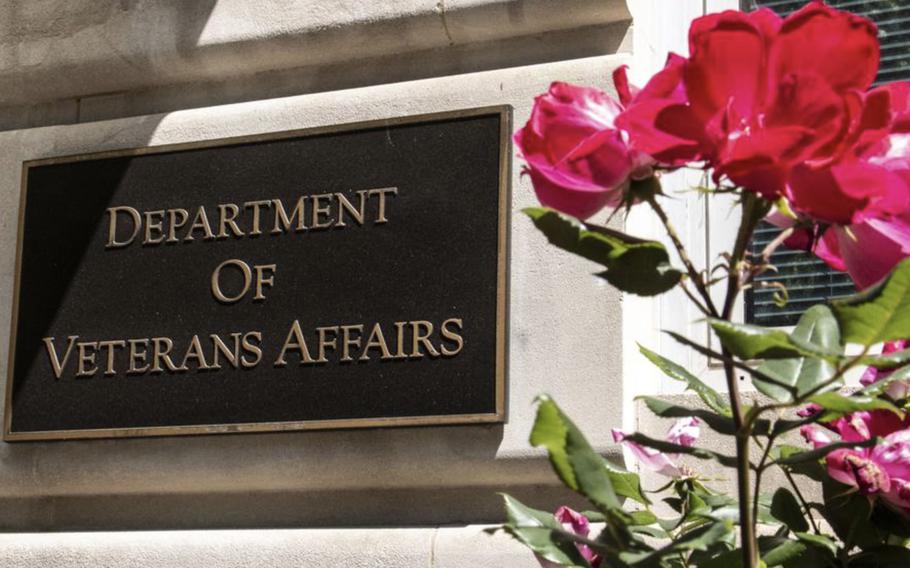
(Stars and Stripes)
For decades, Stars and Stripes has been a trusted source of news for current and former service members around the world. It has been the “newspaper of record” for the military community. Its pages have provided forceful condemnation of charlatans, unaccredited by the U.S. Department of Veterans Affairs, who prey on veterans by claiming to assist them in filing for their veterans benefits in exchange for an unreasonable fee. I am concerned that what appears to be an op-ed posted to stripes.com about the injustice of racial discrimination, written by Donato Clay of Veterans Benefits Group, a for-profit, non-VA-accredited organization, is actually an advertisement for a company without the authority to represent veterans before the VA that will charge a great deal for a service they are not authorized to perform.
The issue of which Clay writes, racial bias in disability benefits, is very real, and my organization, the Connecticut Veterans Legal Center, has found that the bias begins during military service and results in higher rates of less-than-honorable discharges among Black service members. We work closely with the Yale Law School’s Veterans Clinic, which is representing Conley Monk in his case against the VA for discrimination, and with Monk’s organization, the National Veterans Council for Legal Redress, to provide legal assistance by VA-accredited attorneys to connect veterans with their benefits free of charge.
Although Monk v. United States still has to yet to be tried to conclusion, the Yale Law School’s Veterans Clinic scored a significant victory when Judge Underhill of the U.S. District Court for Connecticut ruled against the government’s motion to dismiss.
The case raises the issues of racial discrimination and discrepancy in the VA benefits system, and should be highlighted in Stars and Stripes. However, it appears that Clay is using this case to rail against an entirely unrelated issue, that of the VA accreditation process. To my knowledge, Clay has played no role in this case.
VA accreditation is fairly easy to attain. A practitioner files a registration form with the VA and, if an attorney, provides proof of good standing with a state bar in the United States, and take three hours of continuing legal education within the first 12 months and then every two years to maintain the accreditation. For non-attorney veteran service officers (VSO), they must pass the VSO exam and a background check.
Most VSOs work for nonprofit organizations like the Veterans of Foreign Wars, Disabled Veterans of America, or state or county governments, and provide assistance for free. I’m accredited, as are all the attorneys at CVLC who provide assistance on VA benefits, as well as all the private practice attorneys who volunteer with CVLC to provide pro bono assistance to our clients. The VA makes it easy to find an accredited attorney or VSO with its Accreditation Search tool.
VA accreditation limits what and when a veteran may be charged for assistance. Assistance from non-attorney VSOs is always free. Accredited attorneys may only charge when assisting with an appeal of an initial VA decision, and then the fees must be reasonable under VA guidelines, based on the amount of work the attorney conducted, not on the size of the disability payment.
VA accreditation is a safeguard for veterans to ensure that a representative has the veteran’s interest at heart, is of good moral character, and is not seeking to profit off the veteran’s disability. Anyone who submits an application, takes the test, and passes the background check can be accredited. Clay raises real concerns about the VA claims process, but accreditation of representatives is not one of them.
Alison Weir is a retired Air Force officer, an attorney, and the executive director of the Connecticut Veterans Legal Center.